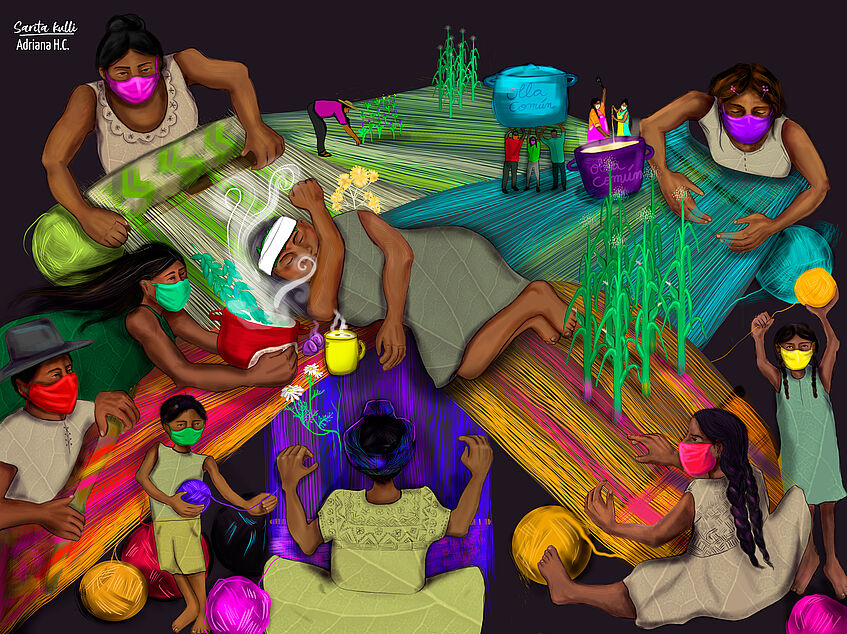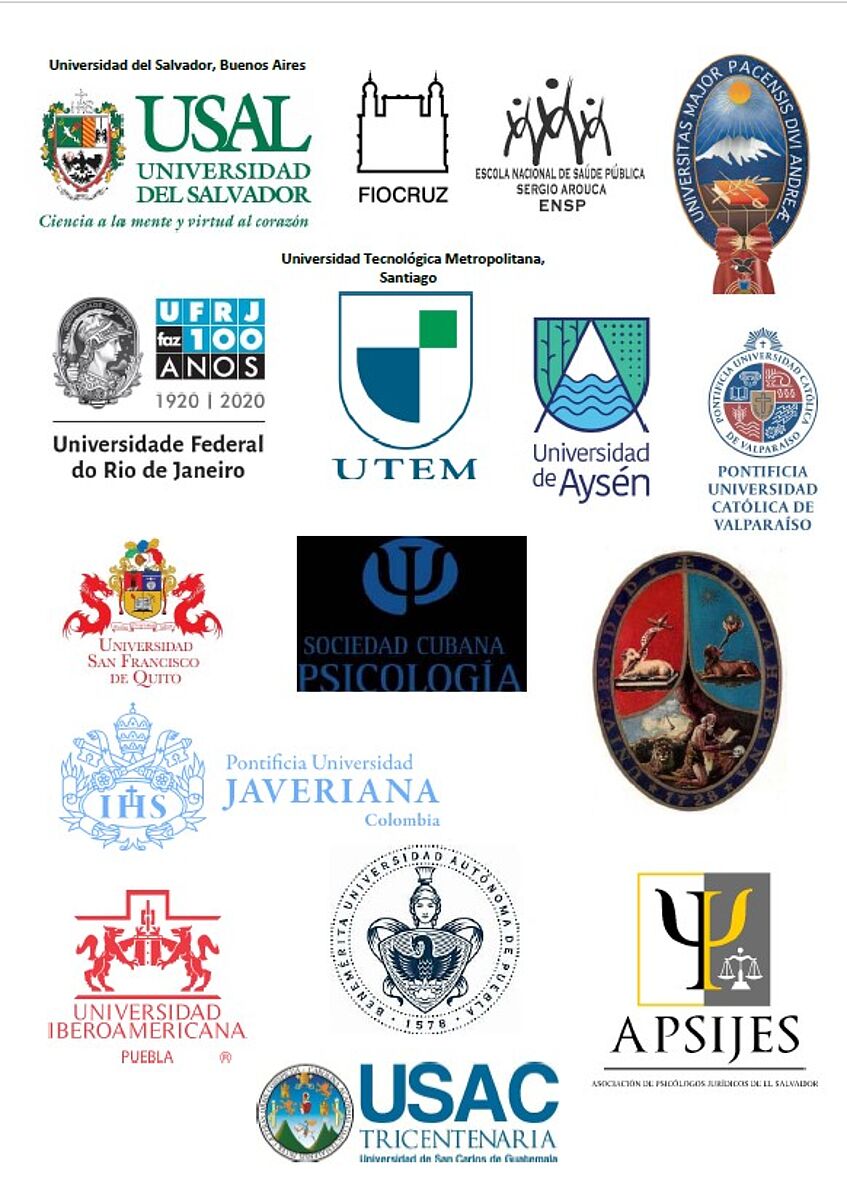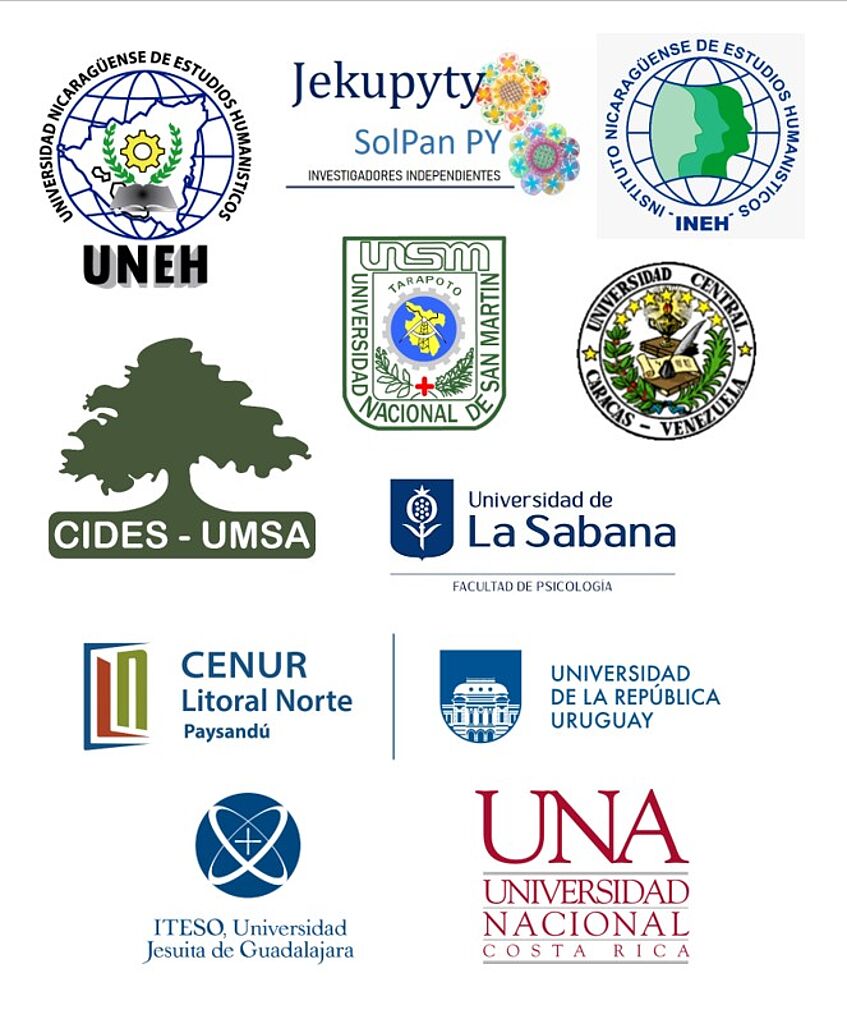SOLPAN+ LATIN AMERICA

Solidarity in times of a pandemic
Sarita Kulli, Adriana H.C. created this artwork for the SolPan+ Latin America project during the acute health and political crisis in Bolivia.
With this painting, she proposes a vision of solidarity in the pandemic. It shows several women accompanied by children and men. Together, they weave a colourful loom. In the centre of the loom is a person who has fallen ill. She is being treated with natural and local medicine – since this is within the reach of everyone when the health system has collapsed. On the loom woven of coloured wool, mutual care and solidarity are being represented, in the planting and production of corn and the common pot that feeds the people.
The COVID-19 pandemic poses unprecedented challenges for policymakers, public health officials, and societies. The social and economic effects are likely to be felt for years to come. This situation calls for an examination of how people react to policy measures that have been introduced, and what actions they take on their own initiative over and above the official advice by governments. What motivates people to follow, adapt to, or ignore, the advice of public authorities? What do they do to protect themselves, and to support others? What, or who, do people trust in these uncertain times? What do people need to feel safe at times of crisis?
SolPan+ Latin America examines these important questions in different Latin American countries, namely Argentina, Bolivia, Brazil, Chile, Colombia, Cuba, Ecuador, Guatemala, Mexico, Nicaragua, Paraguay and Venezuela. These twelve countries display a wide variety of social, collective, and individual practices, and also include some of the countries with the highest number of COVID cases and fatalities in the region. SolPan+ Latin America thus spans across highly heterogeneous societies that face important challenges beyond the pandemic. The twelve country teams include researchers from various disciplinary backgrounds at private and public universities. Seven of these teams intend to continue with the research to generate a contextualised and longitudinal perspective for 2020-2027: Argentina, Bolivia, Chile, Colombia, Cuba, Ecuador and Mexico.
Just as other SolPan teams, SolPan+ Latin America uses a multi-sited, qualitative research design involving in-depth, open-ended interviews. This qualitative, longitudinal study design involving contextual political-economic and socio-cultural comparisons between countries over a period of time allows us not only to identify differences and similarities in how people responded to the pandemic and the ensuing policy measures, but also why they have responded as they have. These findings will foster a multi-faceted understanding of social dynamics in Latin American countries during the COVID-19 pandemic. It also seeks to generate valuable evidence for policy makers in participating countries and beyond.


